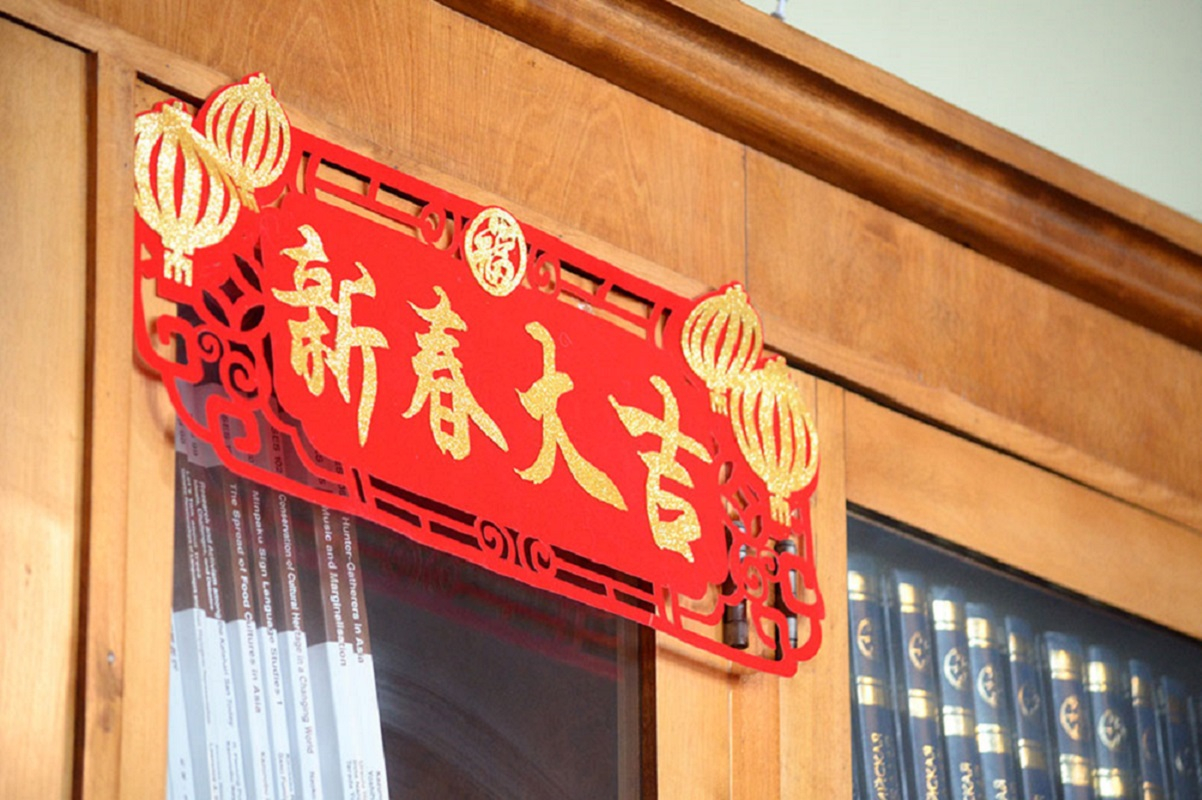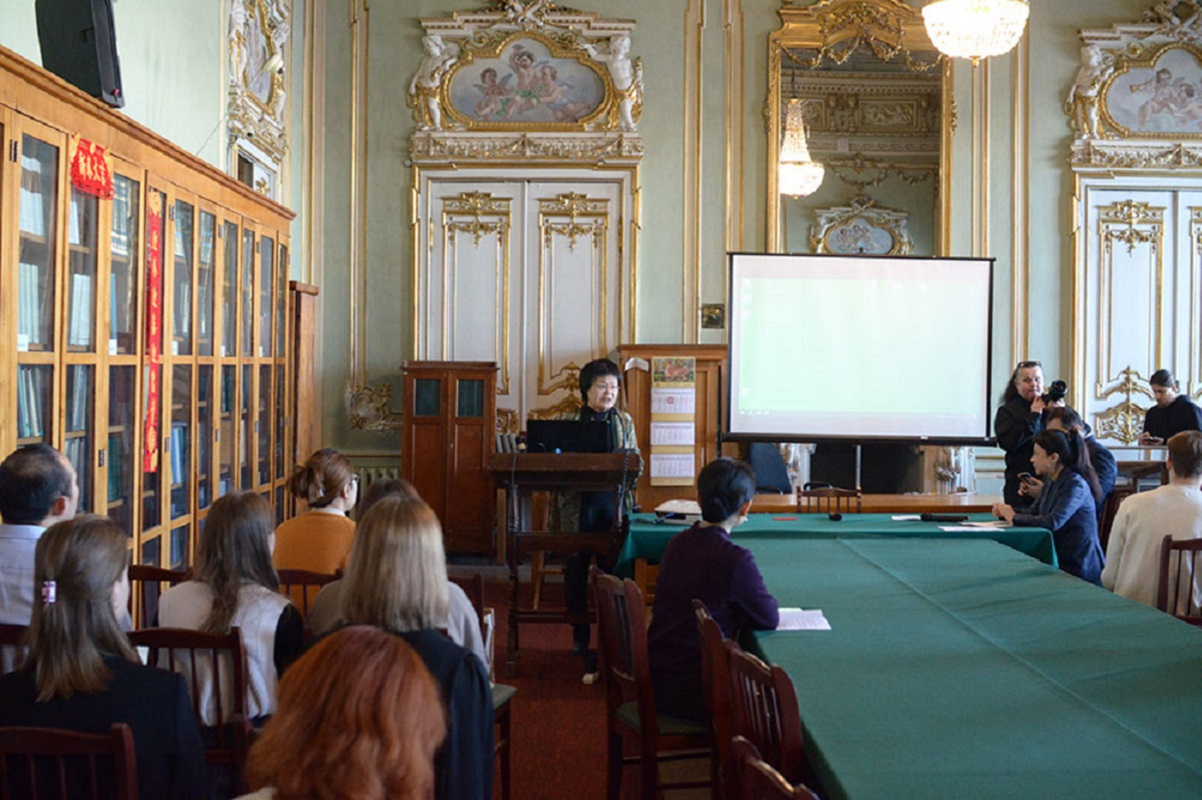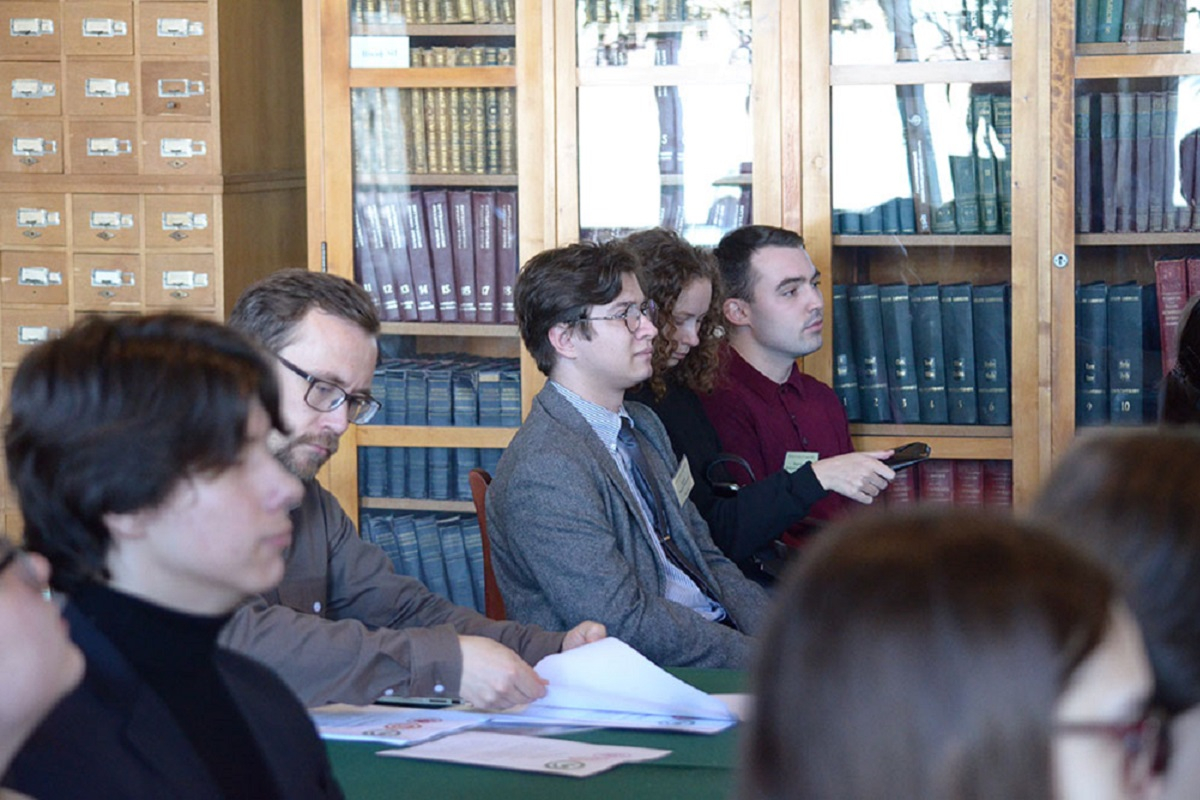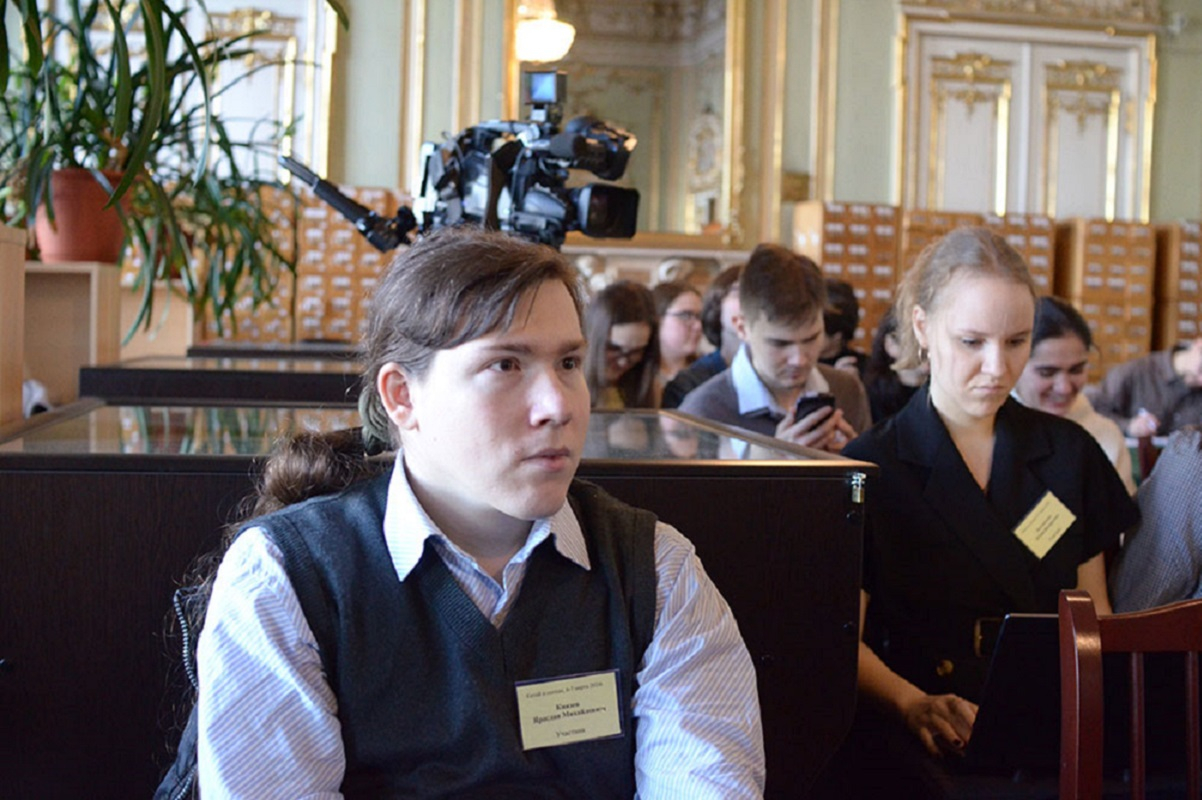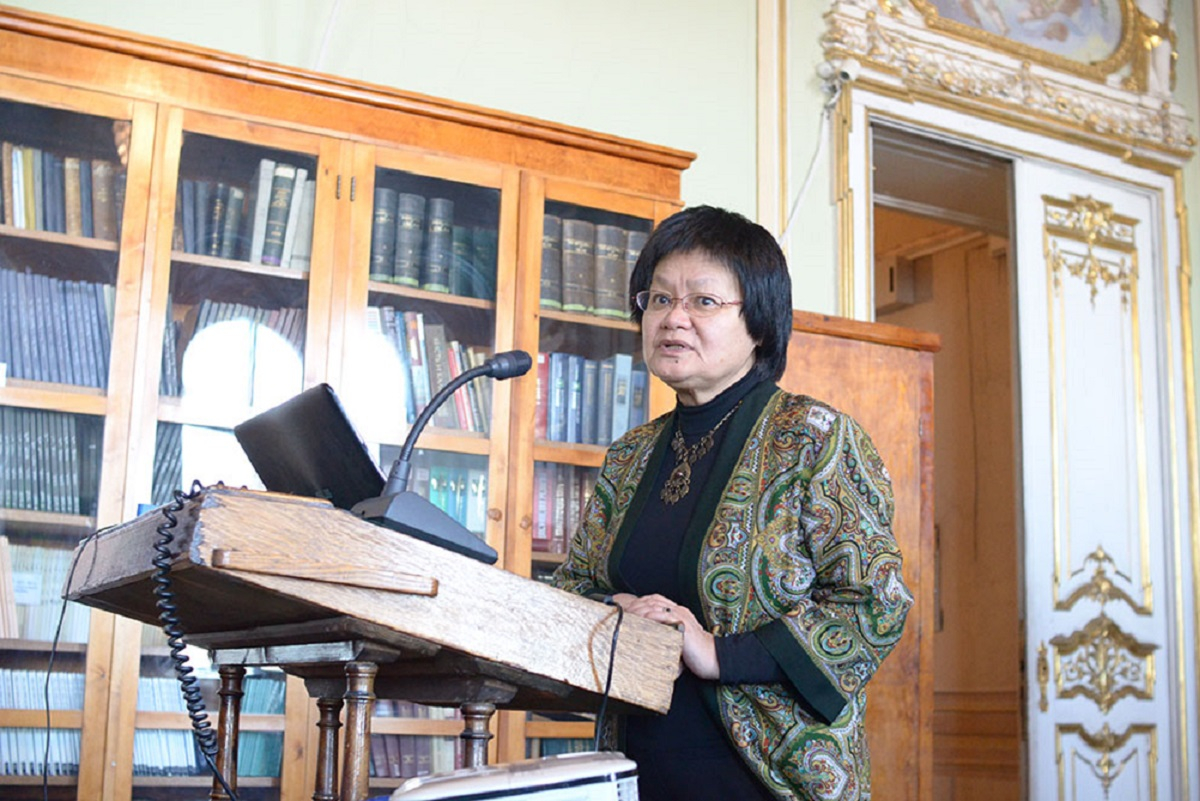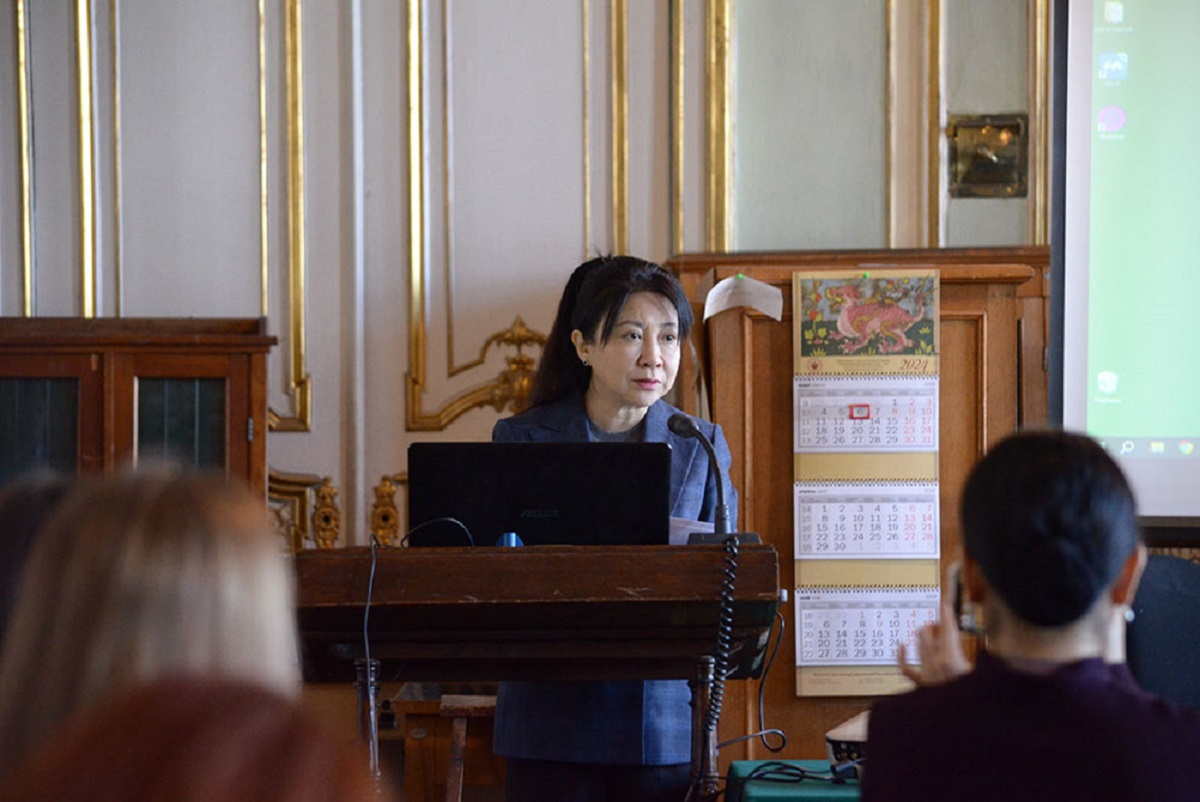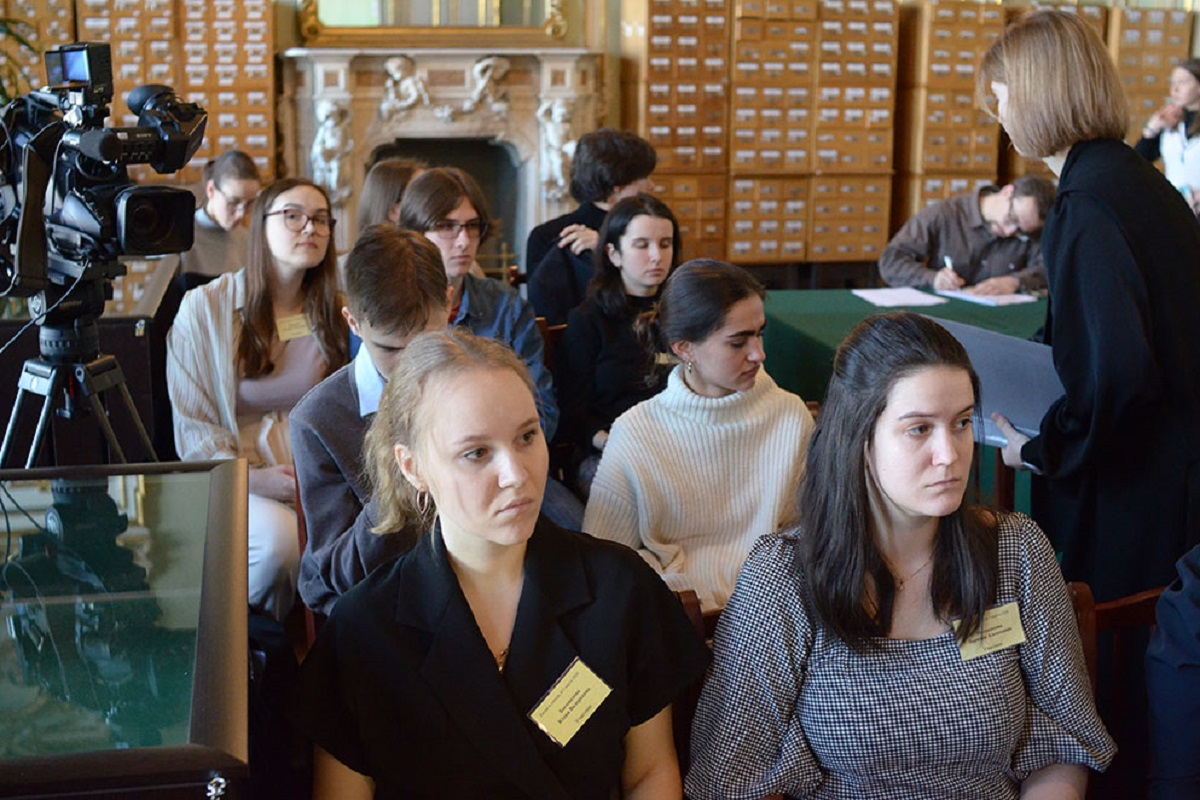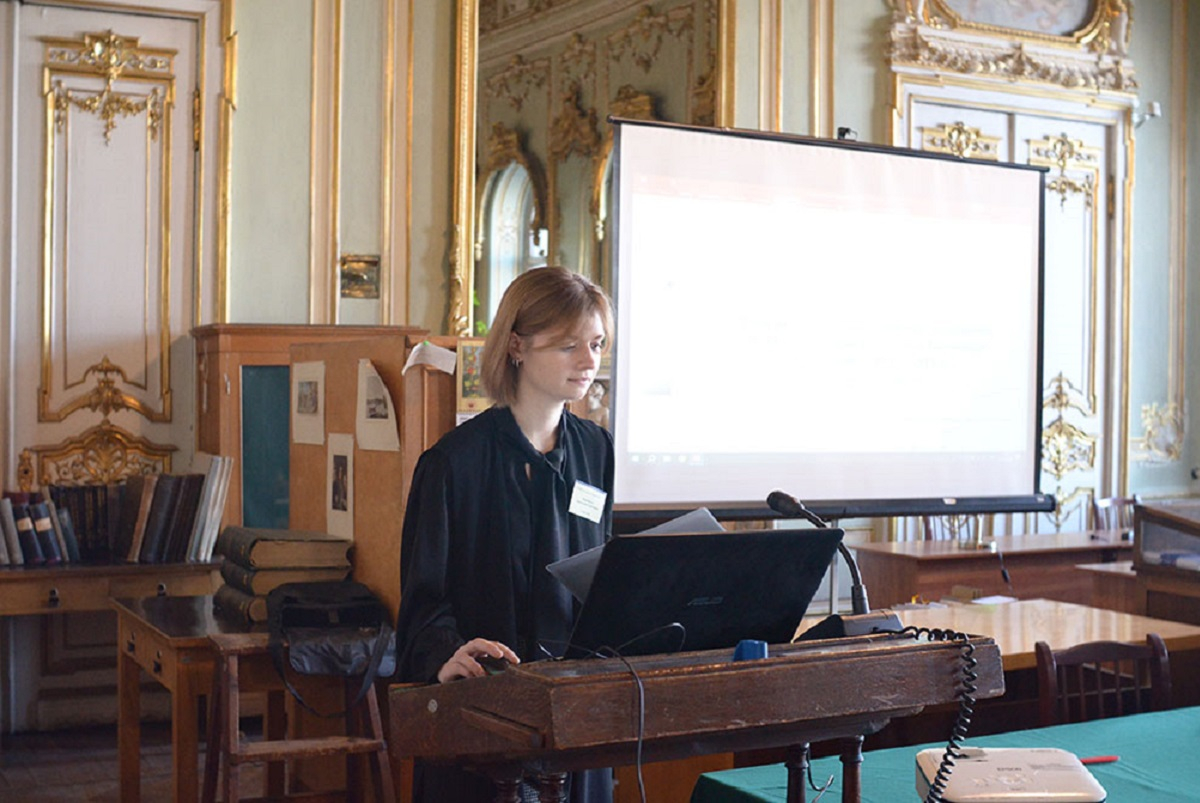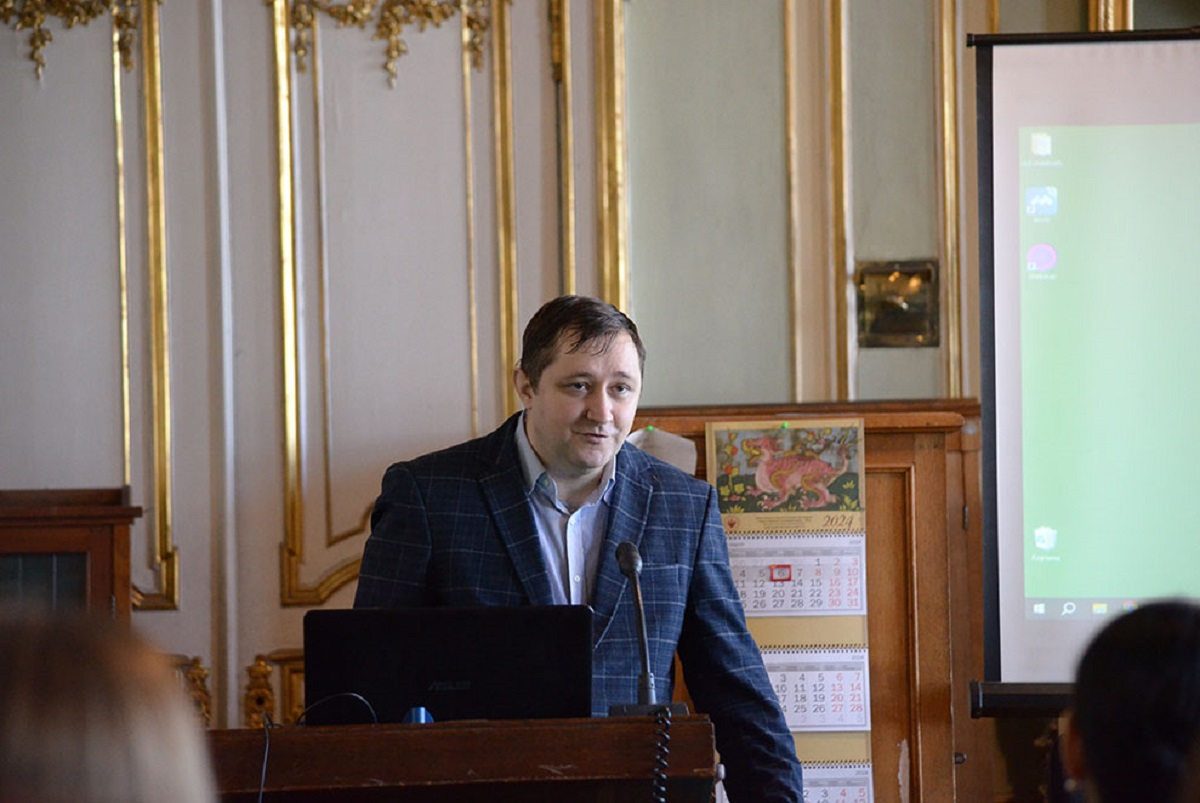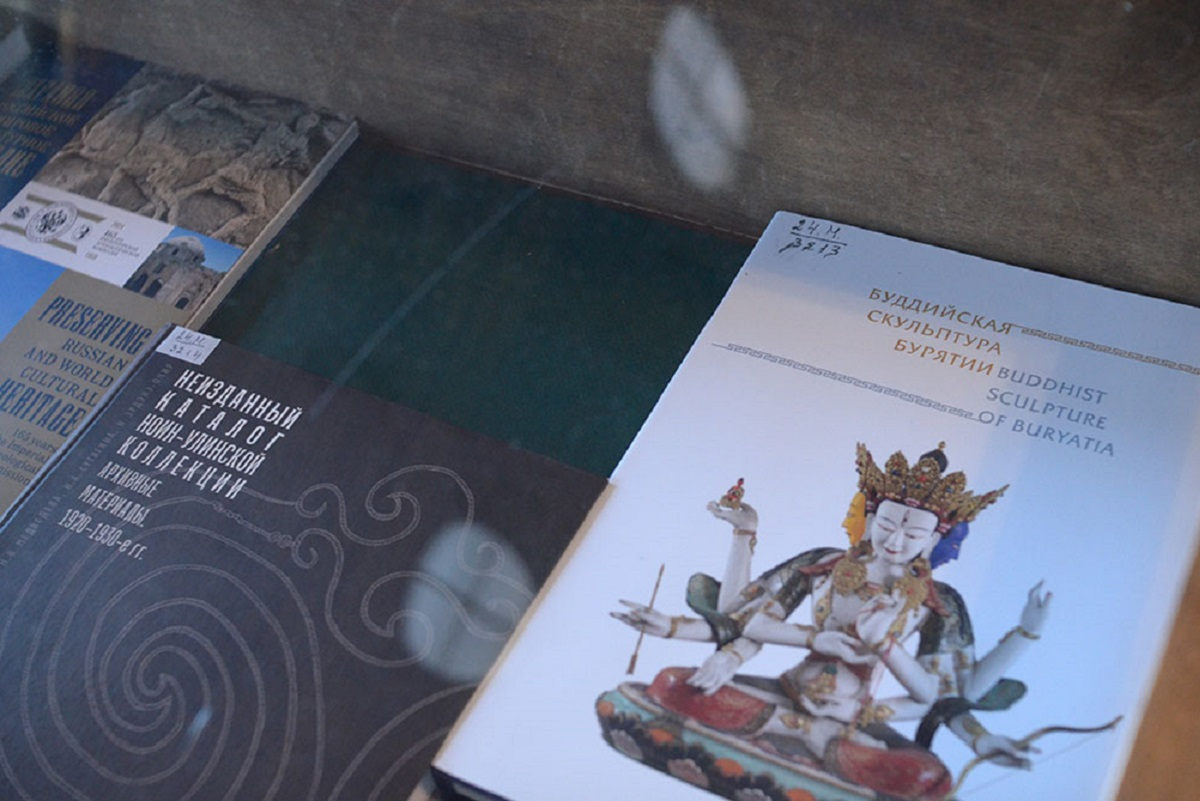First steps in big science: St Petersburg University students take part in the 9th Conference "China and Its Neighbours"
St Petersburg has hosted the 9th All-Russian Scientific Conference of Young Orientalists "China and Its Neighbours". It was organised by the Institute of Oriental Manuscripts of the Russian Academy of Sciences and St Petersburg University.
The geography of the participants covered various cities of Russia: St Petersburg, Moscow, Nizhny Novgorod, Kazan, Yelabuga, Novosibirsk, and Vladivostok. A total of 39 papers by young Orientalists from 11 universities in the country were announced in the programme.
Dmitrii Maiatskii is Associate Professor in the Department of Chinese Philology at St Petersburg University, Director of the non-degree programme "Confucius Institute" from the Russian side. He noted the importance of holding the conference at the Institute of Oriental Manuscripts of the Russian Academy of Sciences.
This is the first step for students in big science. And I think it is necessary to introduce them to the academic spirit since their university days, to help them learn the basics of the profession in the same place where great Orientalists worked and created their scholarly works. The Institute of Oriental Manuscripts is just such a place.
Dmitrii Maiatskii, Associate Professor in the Department of Chinese Philology at St Petersburg University, Director of the non-degree programme "Confucius Institute" from the Russian side
The main aim of the conference is to give senior bachelor’s students and master’s students an opportunity to test their research, overcome their fear of public speaking, receive professional comments from senior colleagues and assess their academic prospects.
According to the organisers, the conference begins with a tour of the Institute and the Museum of the History of Russian Oriental Studies to enable participants to immerse themselves in the academic atmosphere.
This year’s eight sessions included reports on a variety of topics, both traditional literary and historiographical ones and the contemporary agenda. The reports also featured a wide range of "Confucian civilisation" countries: from China and Japan to Laos and India. The conference programme is not divided into panels in order to give students the opportunity to engage with related disciplines in Oriental Studies.
Professor Liǔ Ruò Méi, the cultural attaché at the Consulate General of the People’s Republic of China in St Petersburg, stressed that it is important for China-Russia relations to study and support each other’s traditions. That is why the organisers of the conference put a lot of emphasis on holding workshops. This year, for example, Liubov Kriakina, Leading Restorer in the Institute of Oriental Manuscripts of the Russian Academy of Sciences, showed students how to create a painting in the traditional Chinese baimiao style.
Summing up the results, the research supervisors of the sessions advised that the participants choose narrower topics for research, rely more on sources in their presentations, not be afraid of comparisons, and use different theories more actively. Tatiana Pang, Deputy Director for Academic Affairs of the Institute of Oriental Manuscripts of the Russian Academy of Sciences, shared her impressions of the students’ reports and expressed several wishes regarding the presentation of research. ‘Our conference is a kind of school for early-career researchers who should be able to conduct a dialogue with their opponents. It is here that we can talk about the intricacies of public speaking and hone your skills so that you do not make mistakes at large, "adult" conferences,’ said Tatiana Pang.
Each participant in the conference was able to prove themselves, get new ideas for their research and enrich their portfolio: all speakers were given certificates, and scholarly papers will be published in the proceedings of the event.


